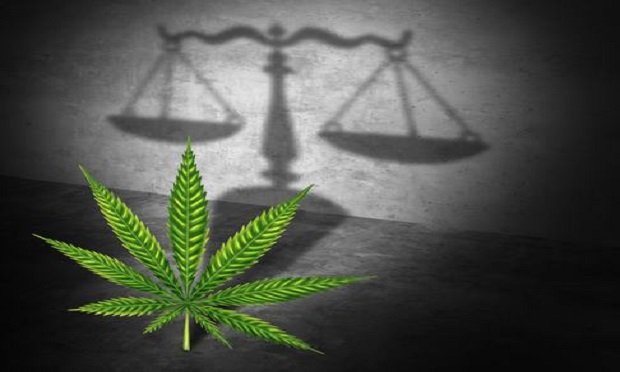 State police nabbed Big Sky Scientific's hemp during a traffic stop outside of Boise, Idaho, in January. Hemp is not legal in Idaho, and while lab tests showed the cargo's THC levels were less than 0.3%, the threshold for defining hemp, the state deems products containing any amount of THC to be illegal marijuana. (Photo: Shutterstock)
State police nabbed Big Sky Scientific's hemp during a traffic stop outside of Boise, Idaho, in January. Hemp is not legal in Idaho, and while lab tests showed the cargo's THC levels were less than 0.3%, the threshold for defining hemp, the state deems products containing any amount of THC to be illegal marijuana. (Photo: Shutterstock)
Recently, a court panel seemed conflicted over whether to wade into a debate over hemp and the 2018 Farm Bill, an issue highlighted by the case of a truckload of Colorado-bound hemp seized by Idaho police as illegal contraband earlier this year.
Recommended For You
Want to continue reading?
Become a Free PropertyCasualty360 Digital Reader
Your access to unlimited PropertyCasualty360 content isn’t changing.
Once you are an ALM digital member, you’ll receive:
- Breaking insurance news and analysis, on-site and via our newsletters and custom alerts
- Weekly Insurance Speak podcast featuring exclusive interviews with industry leaders
- Educational webcasts, white papers, and ebooks from industry thought leaders
- Critical converage of the employee benefits and financial advisory markets on our other ALM sites, BenefitsPRO and ThinkAdvisor
Already have an account? Sign In Now
© 2025 ALM Global, LLC, All Rights Reserved. Request academic re-use from www.copyright.com. All other uses, submit a request to [email protected]. For more information visit Asset & Logo Licensing.








